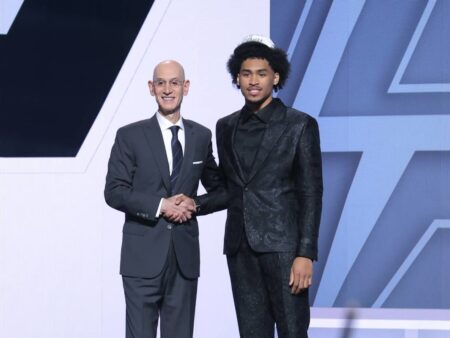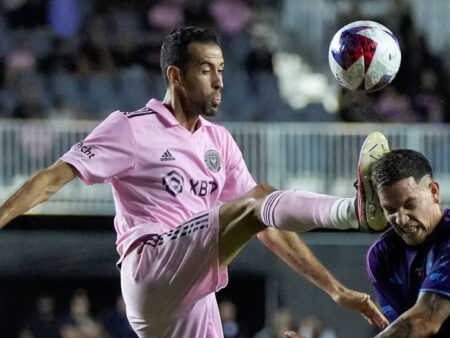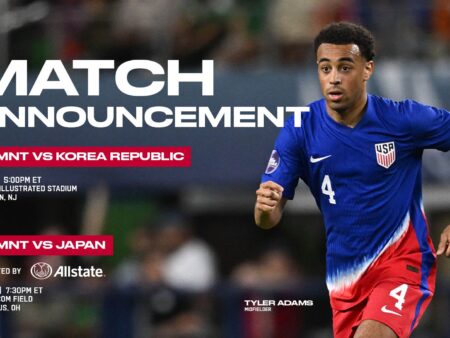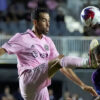In the world of football, finals often promise tactical battles, but few deliver a narrative quite like Chelsea`s victory over Paris Saint-Germain in the Club World Cup. Taking place at MetLife Stadium, this wasn`t just a win; it was a demonstration of turning an opponent`s greatest strength into their undoing. Chelsea didn`t just beat the French giants; they beat them at their own game, employing the very high-intensity, quick-start approach that PSG typically uses to suffocate opposition.
A Taste of Their Own Medicine
Paris Saint-Germain had carved a path to the final showcasing a relentless, “all-gas-no-breaks” style – overwhelming opponents early, scoring quickly, and effectively putting games out of reach before halftime. This approach had served them well, making them favorites. However, Chelsea, under manager Enzo Maresca, chose to meet fire with fire. From the opening whistle, Chelsea pressed intensely, denying PSG time and space, mirroring the suffocating pressure PSG usually imposes.
The impact was immediate and decisive. Unlike the weary look PSG typically inflicts upon others, it was the Parisian side that appeared fatigued surprisingly early. By the half-hour mark, Chelsea had established a dominant 2-0 lead thanks to a brace from the increasingly pivotal Cole Palmer. Before the break, Joao Pedro added a third, sealing PSG`s fate and leaving them facing a deficit from which there was no realistic recovery. The frustration was palpable, culminating in a late red card for Joao Neves and a notable post-match scuffle.
The Tactical Blueprint
Manager Enzo Maresca explained the strategy post-match: the imperative was to press PSG high. “If you give them time to link up and get the ball, they`re so good,” he noted. “If you give them time, then you`ll be worse off.”
Curiously, despite the aggressive press, Chelsea willingly ceded possession, ending the match with just 34% of the ball. Yet, their attacking output was superior, outshooting PSG 10 to eight and posting a significantly higher expected goals total (2.06 vs 0.53). The plan was not simply to hold the ball, but to be incisive when opportunities arose, particularly by exploiting specific tactical spaces identified during preparation. Maresca highlighted focusing on the spaces created by PSG`s midfielders, using players like Palmer and Malo Gusto on one side to overload and create chances.
Defender Levi Colwill captured the team`s mindset: “We pressed the life out of them. We knew this was our last game… there`s no way I was going to go on holiday and sit there thinking, `I wish I could have gave that little bit more…`” This collective commitment to maximum effort was crucial to executing the demanding high press.
Key Contributors Emerge
While Cole Palmer`s continued brilliance in clutch moments is becoming almost expected, the impact of new signing Joao Pedro was a significant surprise. Having joined less than two weeks prior, Pedro quickly integrated, scoring his third goal in three games for the club and earning a starting spot in the final. Maresca praised the forward`s versatility and effectiveness, particularly against teams that defend deep, noting his skill “in tight spaces.”
A Glimpse into Chelsea`s Future?
For Chelsea, this Club World Cup triumph arrives amidst a period of significant transition and squad building under new ownership. The victory serves as a potent demonstration of what this youthful squad, backed by the club`s investment in emerging talent, is capable of at its peak. It offers a glimpse of the potential that exists within the club, even if the overall vision has sometimes appeared less than crystal clear from the outside.
With the trophy secured and a demanding season concluded, manager Enzo Maresca perhaps summed up the immediate priority best: “Fortunately, I have three weeks` vacation now because that`s all I want. It`s been 15 months nonstop, and then we`ll see what happens next season.” A well-deserved break before the next chapter of Chelsea`s evolving story begins.









